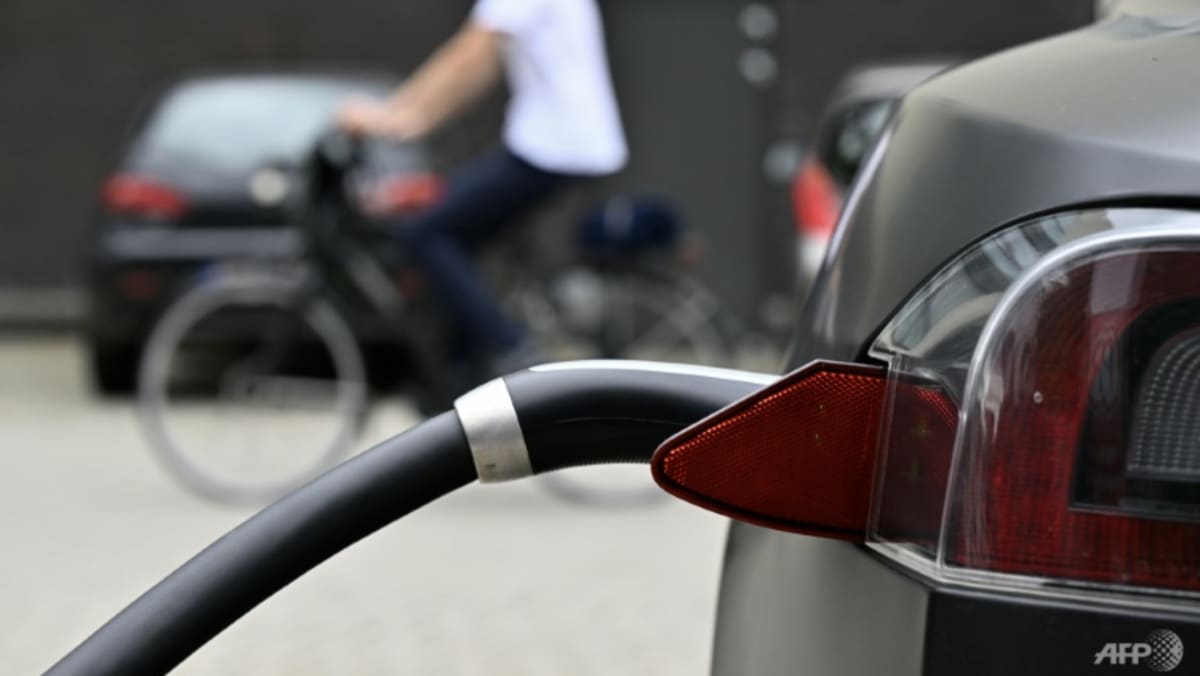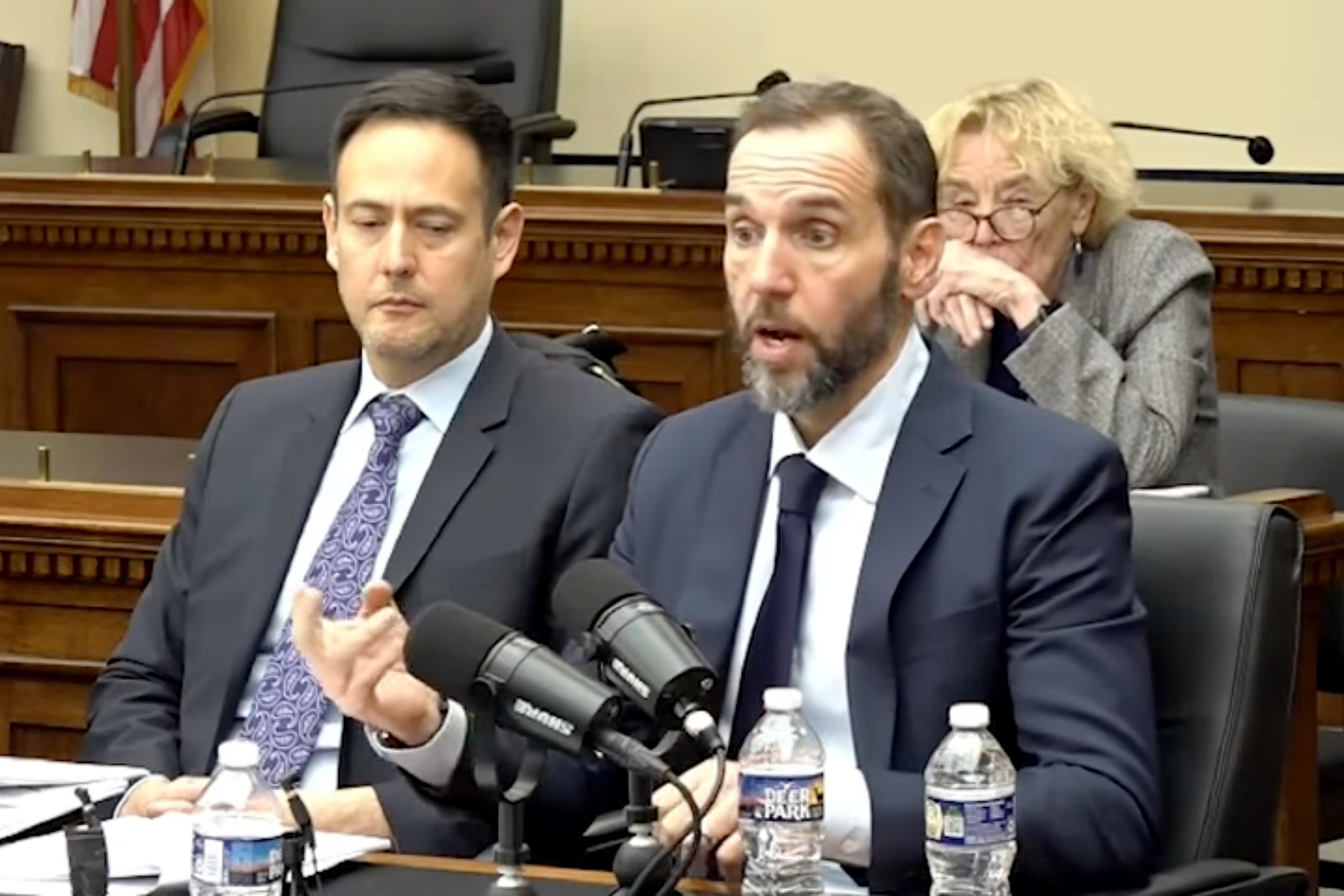Charging ahead: Dutch eye boost to ‘fast charger’ EV network

The answer: “It will be necessary to build more fast-charging stations,” according to Langezaal.
With the current number of electric vehicles, a total network of around 700 fast-charging stations – roughly one every 40km – is sufficient, Langezaal told AFP.
“FULLY CHARGED”
How has the Netherlands managed to roll out such a strong network? According to Auke Hoekstra, a sustainable mobility expert, the Dutch tradition of political consensus played a big part.
The central government worked closely with local officials, network operators, and private firms to create a single charging system, he told AFP.
The absence of a powerful homegrown car manufacturer also helped, he added, saying this often puts a brake on progressive policies in other countries.
The development of fast chargers is key, as the slow charging systems can take several hours – often overnight while the driver sleeps.
“Usually, I just charge up at home in the evening. The next day, the car is fully charged,” said Marrit Zylstra, a 33-year-old IT consultant powering up at the Schiphol charging centre.
Another explanation for the rapid rise of the charging network was government bonuses and tax breaks, said Hoekstra.
But it’s not all plain sailing in the Netherlands, where one-third of the land is below sea level but which is one of Europe’s worst polluters.
Many of the tax breaks for electric vehicles will disappear in 2025 and Hoekstra warned about losing the early Dutch advantage.
“The Netherlands is always very good at making something a success and then stopping doing it once it’s become too much of a success. We did it in the past in windmills,” he told AFP.
While 26 per cent of new cars in the Netherlands were electric in 2022, they still make up only 5 per cent of the total cars on the road in the country.
Private cars account for nearly 10 per cent of the total greenhouse gas emissions in the Netherlands.
Rising electricity costs and the end of tax advantages mean EV driving is entering “a very different era”, said Harry Chua, a restaurant manager charging up on the motorway.
“Electricity is going up, we’ll have to pay road taxes. So, I don’t know whether driving an electric vehicle is advantageous. We’ll see in the future,” the 43-year-old told AFP.
But electric or not, some things never change.
“I sat in a traffic jam for two hours and I was late for work,” he said, admitting that he was going too fast.
“I got stopped by the police. They gave me a warning.”
Source: CNA















